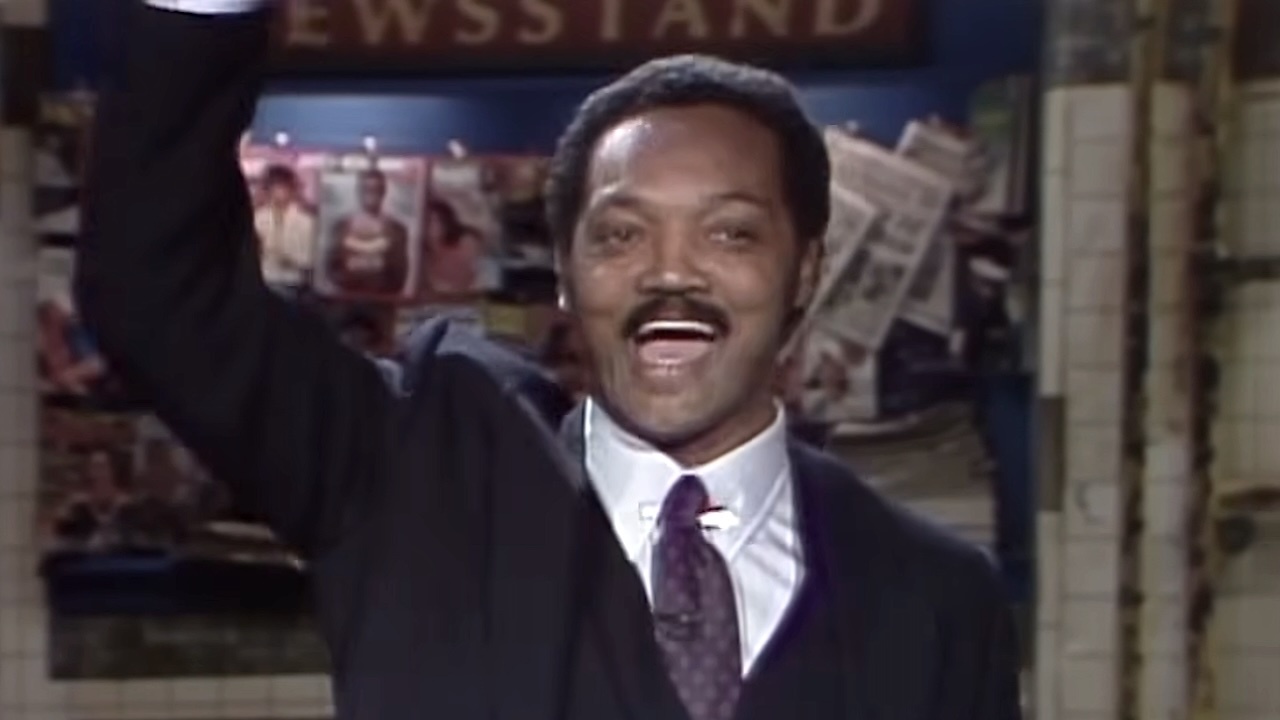Playing For Keeps should have been a really aggressive and sleazy R-rated comedy about a womanizing former soccer player who barrels into town, tries to break-up his ex-wife’s engagement, takes over as coach of his kid’s team, beds several of the players’ mothers and gets into shady business deals with a rich buddy. There should have been gambling, alcohol and maybe even a well-placed vomit joke. If not, Playing For Keeps could have been an honest, touching and muted commentary on a lonely, well-intentioned former athlete trying to atone for his years of absentee fathering and long history of late night carousing. Unfortunately, Playing For Keeps is neither of those movies.
It’s a melodramatic, manipulative, disorganized and dishonest mess. It’s not self-aware enough to realize how its characters are coming off, and it’s not intelligent enough to realize how foolish, juvenile and immature its visions of love and sex are. Major plot points are dropped for extended periods of time, and a strong case could be made that almost all of its primary adult characters are flat-out unlikeable, especially its lead George Dryer (Gerard Butler). It’s unclear if director Gabriele Muccino thought audience members would inherently sympathize with George because he’s presented as the main character of Playing For Keeps, but no real reasons are ever provided as to why his ex-wife Stacie (Jessica Biel) would be better off with him than her new, deeply kind fiancée Matt (James Tupper). More importantly, no reasons are ever given as to why every woman in a hundred foot radius acts like an immature, sexually possessed sixteen-year-old girl without any sense of responsibility or duty when he saunters onto the scene.
Regardless, that’s what we’re supposed to believe. Following a career-ending injury, George decides to try and make things right by moving to the same town as his ex-wife and son Lewis. For obvious reasons, he gets roped into coaching the local soccer team and for less obvious reasons, begins wishy-washy, complicated and weird relationships with his ex-wife, a married former sportscaster (Catherine Zeta-Jones), a divorced mother (Judy Greer) and the wife (Uma Thurman) of a rich and sketchy fellow father (Dennis Quaid) he quickly befriends. Some of these relationships are consummated, and some of them are not. Sadly, not a single one is particularly original, meaningful or affecting. They all just sort of exist kind of like all the soccer games we’re taken to.
At the beginning of Playing For Keeps, the local soccer team is godawful. All the little kids kick with their toes, and they get pummeled every game. Behind George’s leadership they slowly improve, begin kicking properly and start winning some games. Most films would funnel all of the momentum of this side story into a big game near the climax of the movie. This film sort of does that, but since we’re never told who the opponent is or even what the kids are playing for, there aren’t any real consequences. Calling something “the big game” doesn’t automatically make it a big game. The audience has to be given a reason to care about the stakes or even a measly one hundred words on why the outcome matters in some way, and neither of those things happen.
From beginning to end, this movie does not work, and given all of the talented people involved in the production, it’s a real shame. Butler, Thurman, Biel, Zeta-Jones, Greer and Quaid all turn in passable acting performances, but the script doesn’t give them anything interesting to say or any genuine emotion to convey. They have no real chemistry with each other, and they produce a grand total of zero memorable moments. Muccino, who helmed the far superior Pursuit Of Happyness, does his best with the pacing and to balance the drama and comedy, but there seems to be a real disconnect between how he thinks the behavior of his characters will come off and how the behavior of his characters actually comes off. He seems to think it’s valiant for George to repeatedly ask his ex-wife out when she’s repeatedly told him to please let her move on, but the emotion that evokes is actually the exact opposite. It makes him look like a selfish asshole who thinks his feelings are more important than hers.
Playing For Keeps might imply permanence with its name, but thanks to its execution, it’s destined for only temporary relevance.
Your Daily Blend of Entertainment News
Mack Rawden is the Editor-In-Chief of CinemaBlend. He first started working at the publication as a writer back in 2007 and has held various jobs at the site in the time since including Managing Editor, Pop Culture Editor and Staff Writer. He now splits his time between working on CinemaBlend’s user experience, helping to plan the site’s editorial direction and writing passionate articles about niche entertainment topics he’s into. He graduated from Indiana University with a degree in English (go Hoosiers!) and has been interviewed and quoted in a variety of publications including Digiday. Enthusiastic about Clue, case-of-the-week mysteries, a great wrestling promo and cookies at Disney World. Less enthusiastic about the pricing structure of cable, loud noises and Tuesdays.

